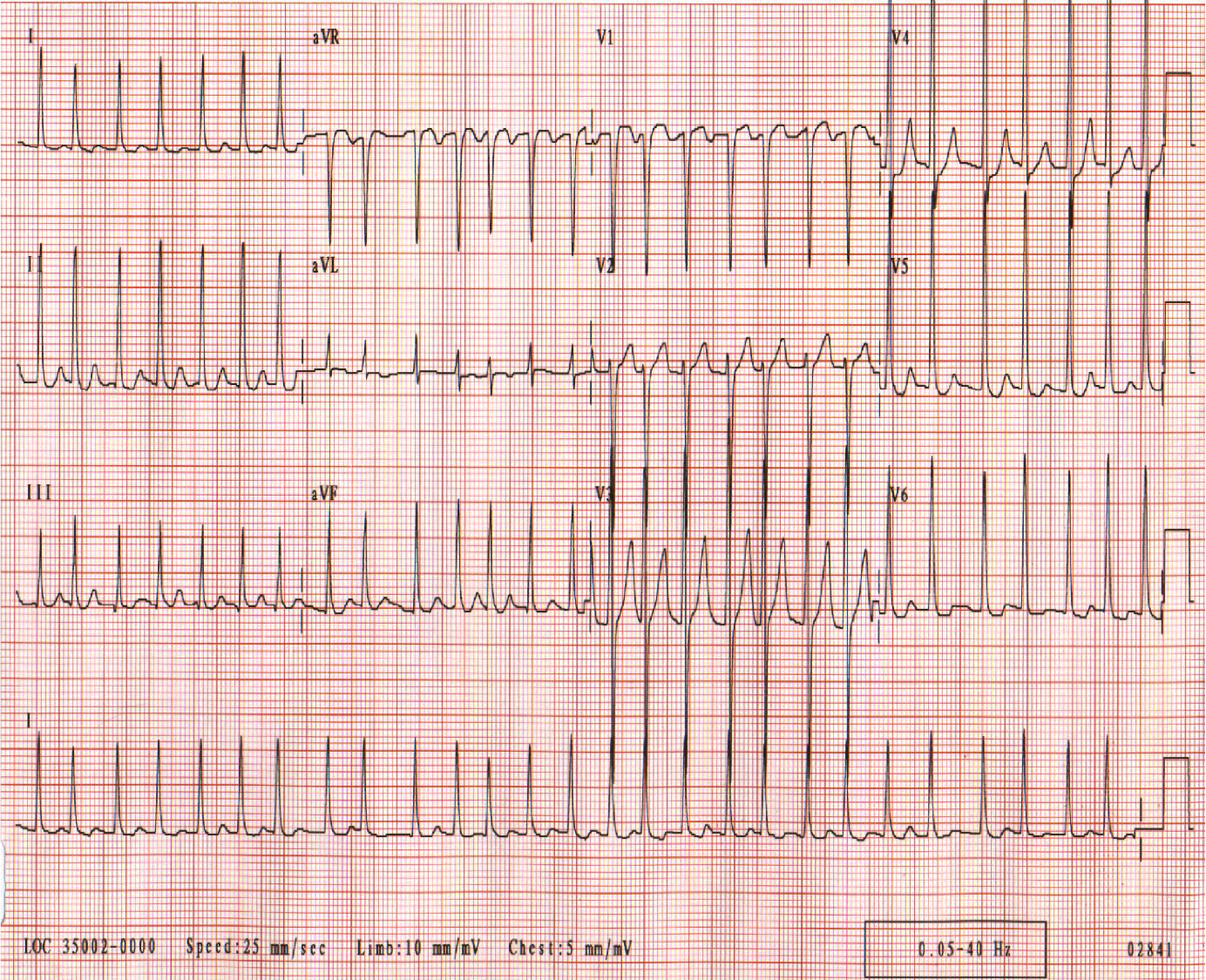

Atrial fibrillation (AF) is the most common sustained heart rhythm disturbance.
AF becomes more prevalent with advancing age and affects around 1% of the population.
In AF, the upper chambers of the heart (the atria) are beating erratically, leading the pumping chambers (the ventricles) to beat irregularly.
AF is associated with an increased risk of stroke compared to the normal rhythm (“sinus rhythm”).
People with AF therefore need to have their risk of stroke evaluated in order to determine whether they need medication (“anticoagulation”) to prevent blood clots from forming.
Frequently AF causes symptoms such as fatigue, lethargy, breathlessness, dizziness, shortness of breath and chest tightness.
AF may start and stop spontaneously (usually within 7 days) and this is termed “paroxysmal” AF. If it is sustained for longer than 7 days or requires intervention to restore sinus rhythm, the AF is considered “persistent”.
The priorities in treatment of people with AF are:
1) Assessing and reducing the risk of stroke
2) Controlling the heart rate
3) Restoring and maintaining the normal (“sinus”) rhythm, when this strategy improves the individual’s quality of life